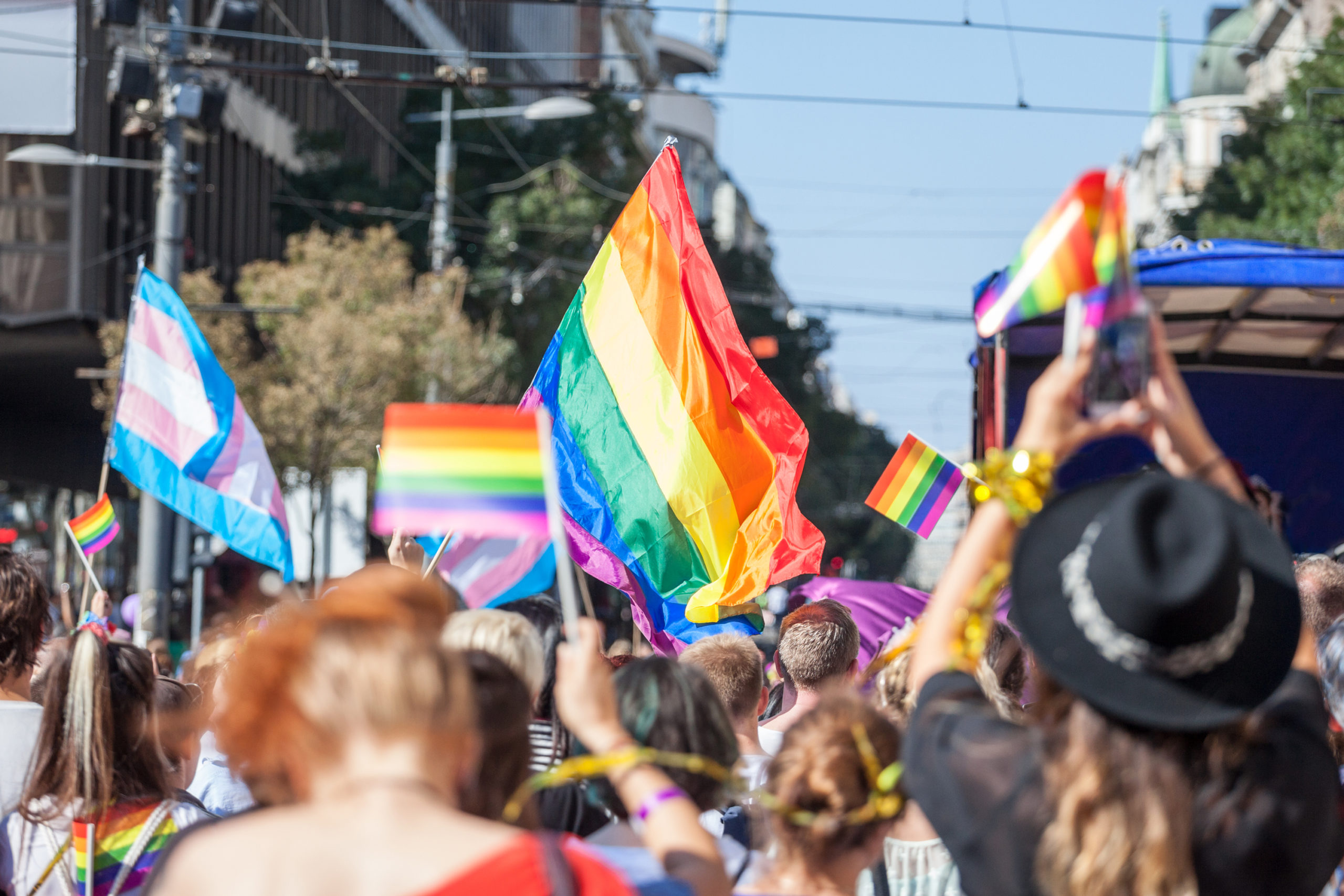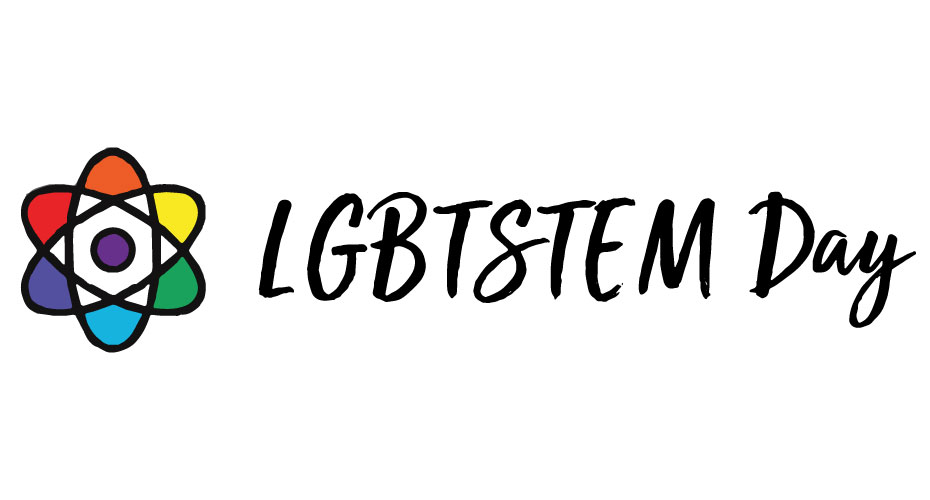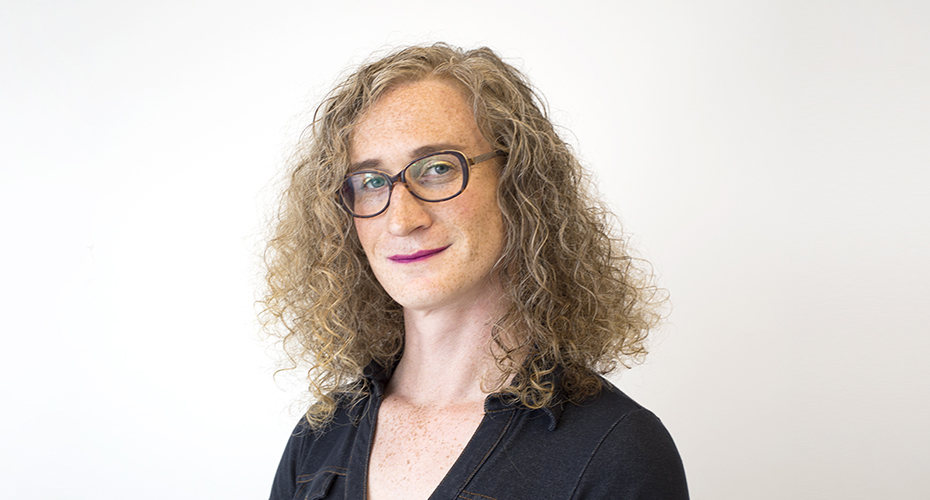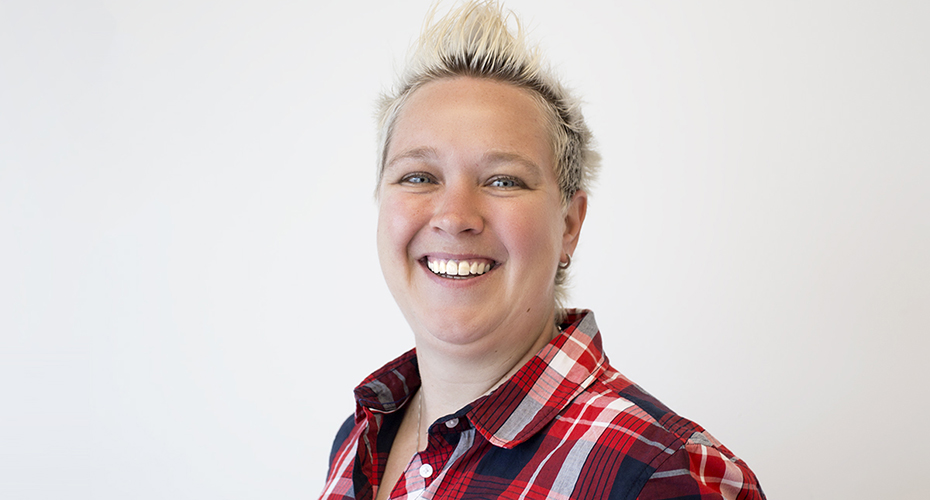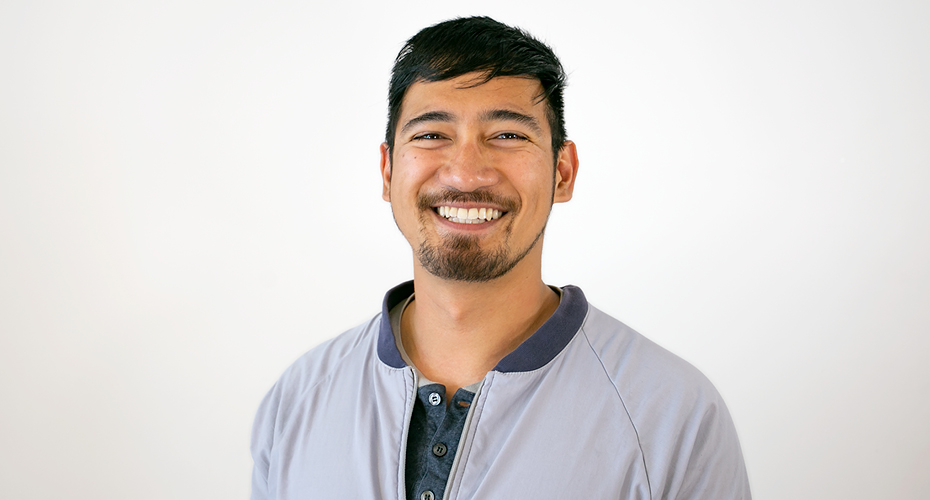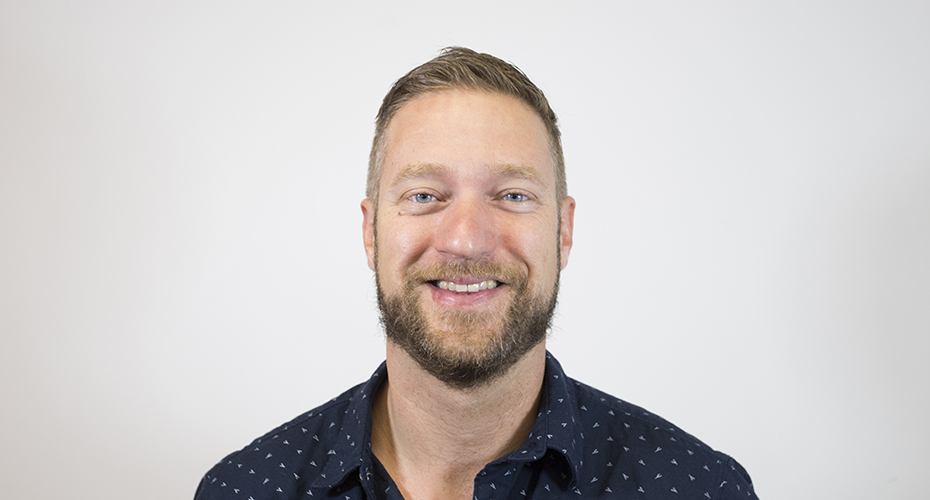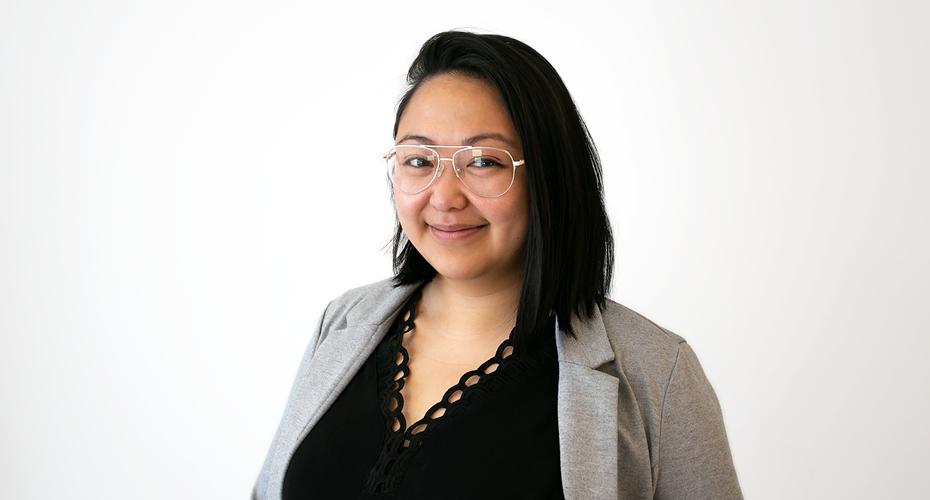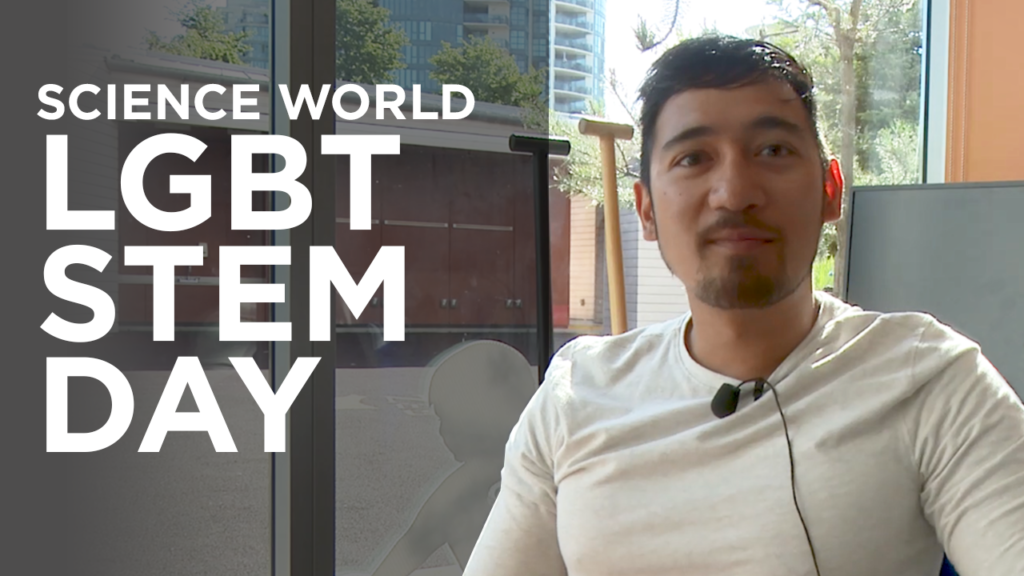In celebration of the International Day of LGBT+ people in science, technology, engineering and math (STEM), we are profiling scientists from the LGBT+ community across the province. Have your own of story? Share it with us in the comments below.
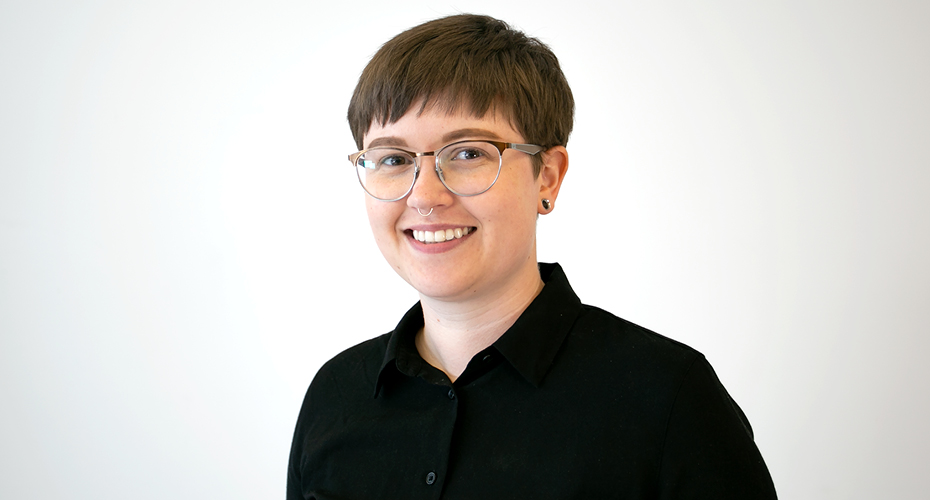
What is your name?
Danielle Hoefele
How do you identify?
I identify as a bisexual or queer woman.
What is your preferred pronoun?
She/Her
Where did you go to school/university? What did you study?
I did my undergraduate degree at the University of Alberta in Edmonton. I now go to Simon Fraser University where I am in the Master of Pest Management program.
My BSc is in ecology. During my undergrad, I did a lot of smaller research projects on insects. I got to work with bumblebees, parasitoid wasps, forest tent caterpillars and pea leaf weevils. My thesis is on the European fire ant, an invasive pest in the Metro Vancouver Area. I am studying their diet, communication and foraging to try and make better bait that will help us control these destructive little ants.
What is your field of expertise? What kind of research/work do you do?
I consider myself both an entomologist and an ecologist. I do my research in the lab and in the field. I have about 20 fire ant colonies in the lab and I conduct field experiments around Vancouver. I do a lot of behavioral bioassays, which is a fancy way of saying that I try to figure out what ants like.
What sparked your interest in science or engineering?
I have been catching insects since I was about 7 years old! But I didn’t realize that it could be a job until much later. In university, I started a biology degree thinking I wanted to be a medical doctor, but quickly fell in love with ecology. I got my first lab position working with bumblebees and completely fell in love with insects.
How has coming out effected your school/work life or career?
I was not properly “out” during my undergrad. Alberta is not always a great place to be queer. I became involved in LGBTQ groups on campus, but otherwise kept my queerness a secret. It was painful to hide, but also it was right for me at the time.
Since I moved to Vancouver, I have been very unapologetically queer and I’m much happier. I never really had to “come out” here. I’m just me and people either figure it out, or don’t.
Do you feel supported in school or at work?
I do. Most notably, I had my lab mates stand by me when I needed them to. Last year, I had an incident with a real genuine homophobic roommate and my lab mates made sure I was safe and had a place to live. Being an ally is about taking action and they really did!
Did you have role models in the LGBTQ2S+ community who are scientists or engineers?
My first entomology TA in university was a gay man who is now a friend of mine. It was definitely important to see an out queer person surviving in grad school.
How important do you feel is it to have a LGBTQ2S+ role model or mentor?
It’s important to have someone. A mentor would be ideal, but it’s not always possible. The people who inspire me the most are my queer friends. I joined the queer social clubs in my undergrad and it changed my life. It was particularly important for me to make friends with those who are also bisexual, because it is an identity that is often erased or disregarded.
Looking back, what advice would you give your high school self?
You’re not confused! You’re bi! And being bi is amazing!
